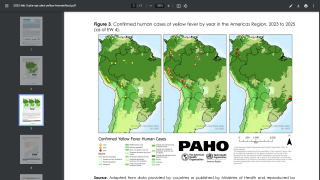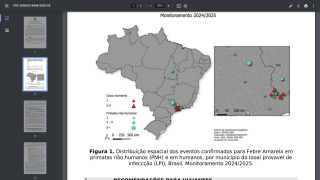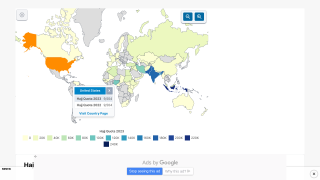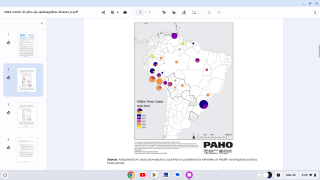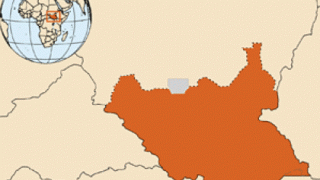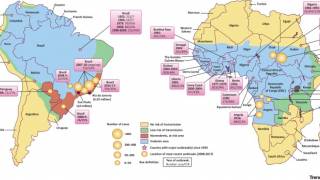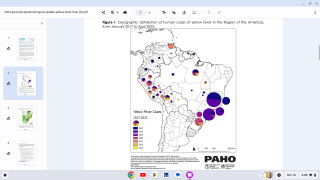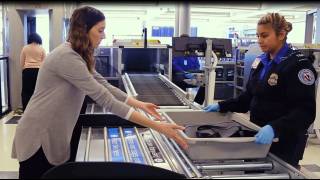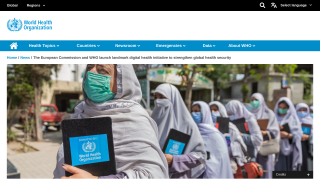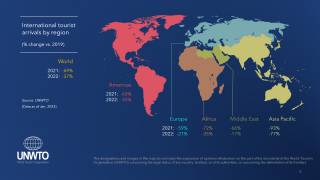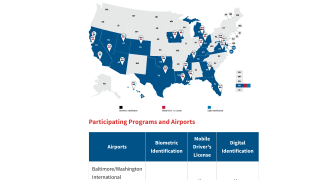Yellow Fever Vaccine Boosters Needed for Some Travelers

According to the U.S. CDC Yellow Book 2024, an international traveler's risk for acquiring Yellow Fever virus is determined by their immunization status and destination-specific and travel-associated factors.
Since about thirty countries require proof of a pre-arrival yellow fever vaccination, many travelers have questions about the vaccine's long-term efficacy.
On January 22, 2024, the Lancet Global Health recently published results from a systematic review aimed at assessing the necessity of a booster vaccination based on the long-term (10+ years) immunogenicity of primary yellow fever vaccination in travelers and in residents of yellow fever-endemic areas, as well as in specific populations, including children and immunocompromised individuals.
The gathered evidence suggested that a single dose of yellow fever vaccine provides lifelong protection (overall seroprotection rate 94%) in travelers.
However, in people living with HIV and young children (<2 years), booster doses might still be required because lower proportions of vaccinees were seroprotected ten or more years post-vaccination.
The pooled seroprotection rate was 47% in children and 61% in people living with HIV.
Lower observed seroprotection rates among residents of yellow fever endemic areas were partly explained by the use of a higher cutoff for seroprotection that was applied in Brazil. No conclusions could be drawn for the sub-Saharan Africa region.
The CDC says most people infected with yellow fever do not get sick or have only mild symptoms. People who get sick will start having symptoms 3–6 days after infection.
According to the CDC, about 12% of people with symptoms develop serious illnesses.
The study was registered with PROSPERO, CRD42023384087. No industry conflicts of interest were disclosed.
Our Trust Standards: Medical Advisory Committee





